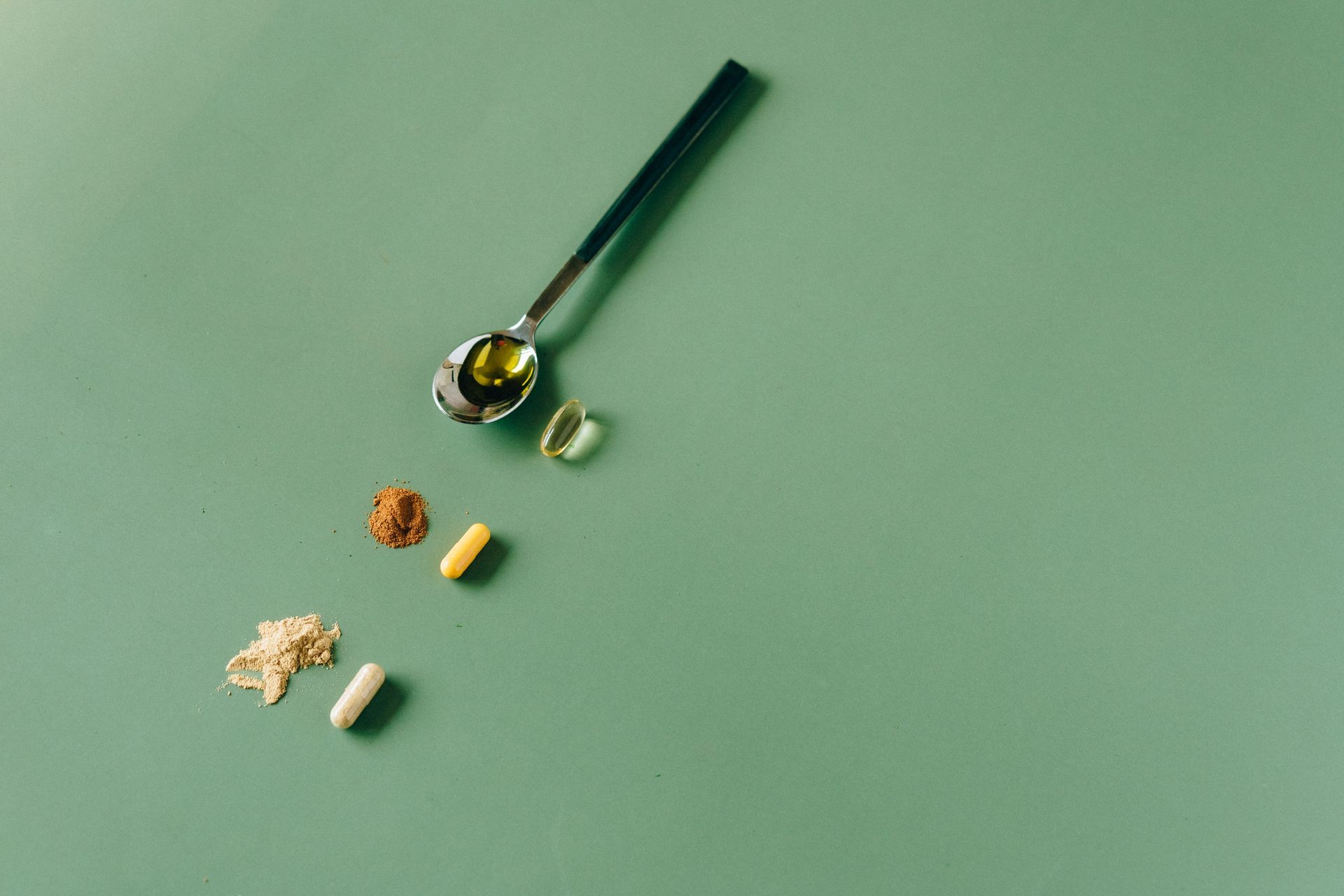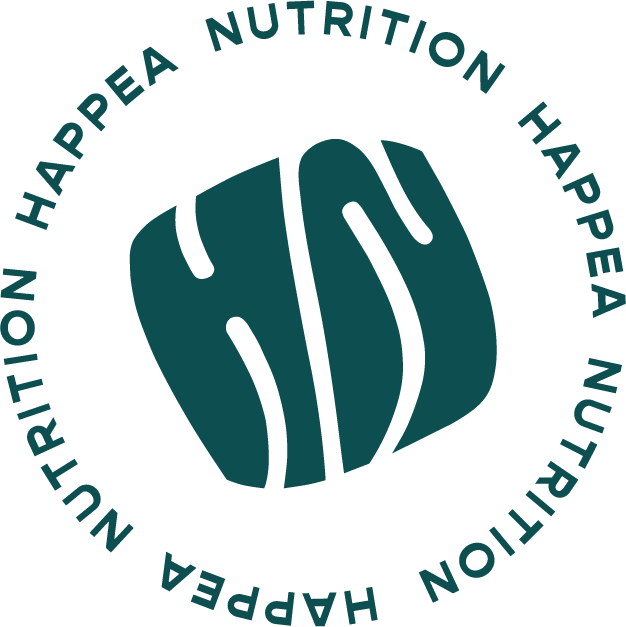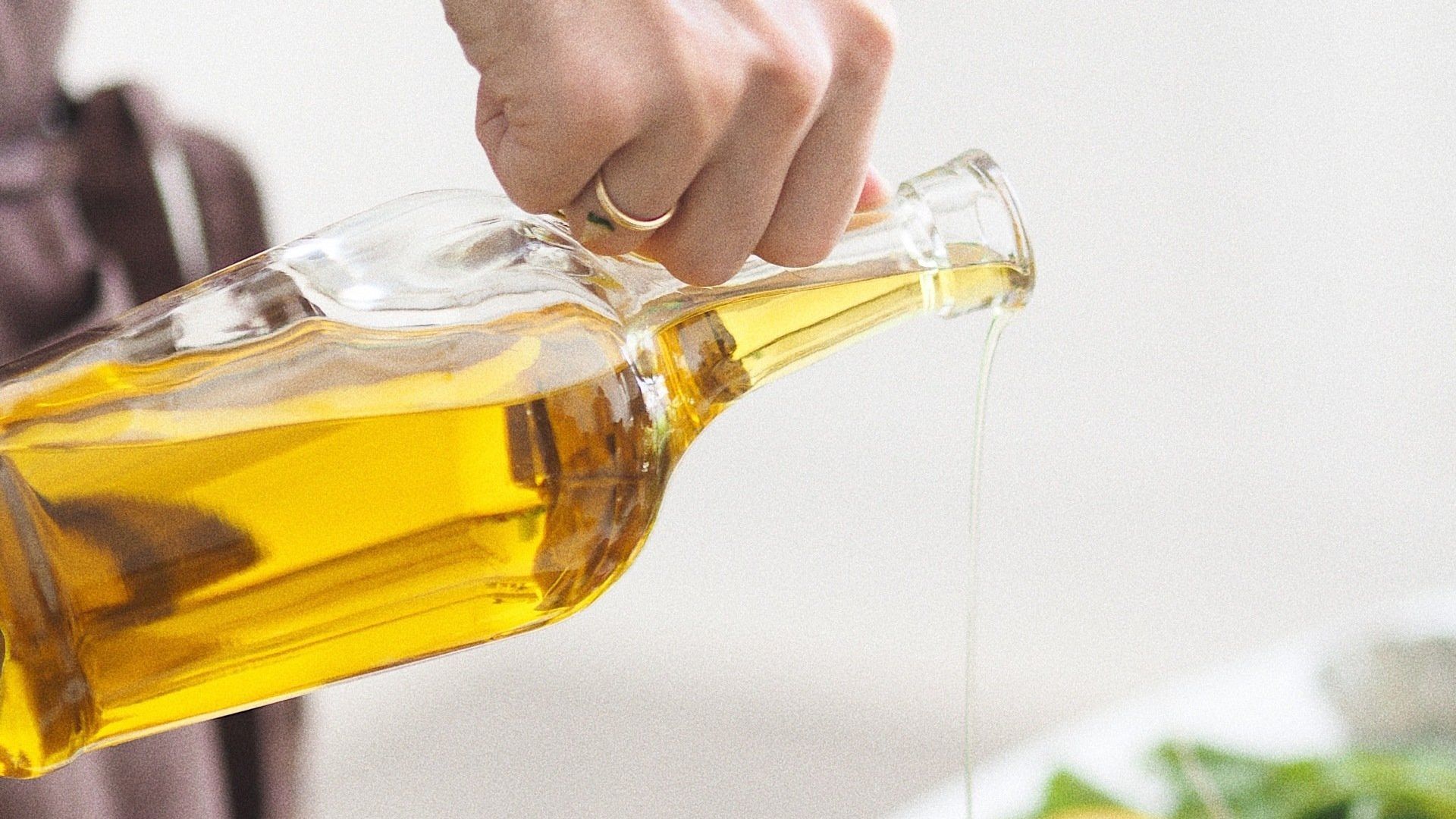Can diet heal PMS?
Social media is overflowing with coaches selling diets that are meant to improve or heal PMS symptoms. But how much is behind these claims? Let's look into it!
What is PMS?
Many people experience PMS, or pre-menstrual syndrome, before the arrival of their period. Individuals might have physical, emotional, and/or mental effects in varying levels. Some of the more common symptoms include swollen breasts, bloating, cramps, headaches, or appetite changes.
Why do I have PMS?
The exact reason some people experience PMS is not yet known. Which also suggests that a cure should not yet exist, other than helping relief pain. One hypothesis is that women with PMS have higher levels of inflammation. Therefore, reducing inflammation could be key to reducing PMS symptoms. Unfortunately, research could not confirm this hypothesis. To determine what role inflammation and oxidative stress plays in PMS more research is needed, which means we can't yet make recommendations based on this hypothesis.
What is the role of diet?
Some research has shown that there could be a connection between lifestyle habits and PMS. For those with mild symptoms, making dietary changes could influence how severe symptoms are. According to the Academy of Nutrition and Dietetics, certain positive choices include:
- Consuming foods with calcium (low-fat yogurt, milk, almonds, kale)
- Getting enough Vitamin B6 (pistachios, turkey, bananas, potatoes)
- Reducing salt, caffeine, and alcohol intake
Unfortunately, none of these recommendations are based on strong evidence, as a casual relationship between diet and PMS could not yet be established. While it seems that higher consumption of fruits and vegetables, fish and milk and dairy products could reduce severity of PMS, the results of most studies are inconsistent and many of the studies on this topic are not conducted very well. Additionally, interventions using specific vitamins, often do show promising results but only in those who were deficient in said vitamin before the study started, which is not surprising. There is also no evidence that any dietary supplement works to relieve PMS or period pain. What is more, evidence of safety is lacking. This may surprise you, considering how many supplements are on the market for PMS. Why do they seem to work for some people?
Across all studies, it was evident that participants responded to any intervention that promised relief, suggesting a strong likelihood of confirmation bias. It seems that people who suffer from PMS and period pain, are desperate for solutions and likely to respond very well to any intervention that makes them feel heard.
Can I stop PMS?
The bottom line is, that a healthy diet is likely to help you feel better overall. If inflammation does play a role in PMS, reducing it through a generally healthy diet will help and this is a very low risk intervention that you could try. The advice given to those suffering from PMS are generally healthy lifestyle modifications that help any condition. Following recommendations that are in line with the Dietary Guidelines for Americans, such as eating of fruits, vegetables, whole grains, lean protein and reducing alcohol intake are likely to help you feel good overall. However, keep in mind that if your symptoms are extremely painful, or your period is unusually heavy, you should check in with your healthcare provider to rule out other potential causes.
All people experience pain in different ways and the way hormones impact us also varies. If you experience PMS, make sure to talk to a qualified healthcare provider to assist you in possibly adjusting your birth control method, prescribing pain medication, or referring you out for further testing to ensure the pain is not a symptom of a more severe condition. But please don't fall for coaches online that promise miracle diets because those don't exist!
Sources:
Dietary supplements for dysmenorrhoea
American College of Obstetricians and Gynecologists - Premenstual Syndrome (PMS)
Academy of Nutrition and Dietetics - Premenstrual Syndrome
Researched and written by Dana Herbsman specifically for Happea Nutrition. Edited by Paula Doebrich.
Share this



